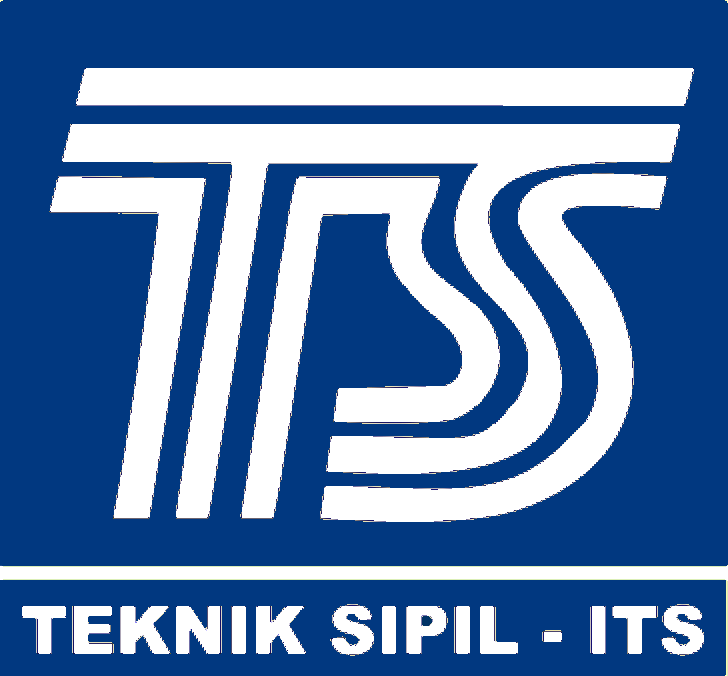Testimonial from a Project Participant at ITS
informasi
As a participant in the CALOHEA project from the Department of Civil Engineering at Institut Teknologi Sepuluh Nopember (ITS), I have witnessed firsthand the transformative impact this initiative has had on our programme, students, academics, and institution, as well as on the broader South-East Asian region.
The CALOHEA project, funded by the European Commission and coordinated by The University of Groningen and the ASEAN University Network, has significantly enhanced the quality and comparability of higher education across the region. Through this project, we have engaged in three critical Recognition Mechanisms that are reshaping our educational landscape.
The Recognition Mechanism 1 has allowed us to define a common framework for all CALOHEA members, ensuring greater comparability of institutional degree program profiles. By working on our META-PROFILE and consolidating relevant qualification frameworks and quality documents, we have validated our framework with several stakeholders. This process has not only standardized our curriculum but also made our degrees more recognizable and respected internationally.
For Recognition Mechanism 2, incorporating student workload measurement into curriculum design has been a game-changer. This mechanism has promoted a more coherent regional recognition system based on student workload, facilitating easier student mobility and academic credit transfer across ASEAN countries. Our participation in ASEAN-level discussions has been pivotal in embedding this culture within our institution and beyond.
The Recognition Mechanism 3 focuses on engaging stakeholders in the continuous implementation of authentic assessment methods that are comparable internationally. We start of piloting the application of authentic assessment in our design course. As per short-term application, it shows that the student’s understanding on the course becomes better. We hope by adopting these practices, we can ensured that our students’ learning outcomes meet global standards, thereby increasing their employability and readiness for international challenges.
The benefits of the CALOHEA project extend beyond our institution. Our students now have access to a curriculum that is benchmarked against international standards, our academics benefit from cross-border collaborations and knowledge exchange, and our institution is recognized as a leader in educational innovation. Moreover, the project fosters a sense of unity and shared purpose among South-East Asian countries, driving regional development and cooperation.
I invite you to explore the project website’s results section to learn more about the impactful work being done. Additionally, feel free to reach out to the CALOHEA Team members at ITS to gain deeper insights into the three lines of work of the project—the Recognition Mechanisms. Together, we can continue to advance higher education quality and comparability across the region. For more details, visit the CALOHEA Project Website: https://calohea.org/
Best regards,
Data Iranata, ST, MT, Ph.D.
Department of Civil Engineering
Institut Teknologi Sepuluh Nopember (ITS)
Latest News
-
Looking for examples of authentic assessment tasks in Civil Engineering, Medicine or Teacher Education? Check CALOHEA Complications of Inspirational Examples prepared specifically for the ASEAN higher education institutions
While authentic assessment is key if you want to prepare industry-ready graduates and make sure your students achieve complex
-
CALOHEA Regional Subject-Specific Reference Frameworks as tools for Promoting recognition and internationalization
One of the tools created by the CALOHEA Erasmus+ project participants in order to facilitate recognition of degrees and
-
Testimonial from a Project Participant at ITS
As a participant in the CALOHEA project from the Department of Civil Engineering at Institut Teknologi Sepuluh Nopember (ITS),







